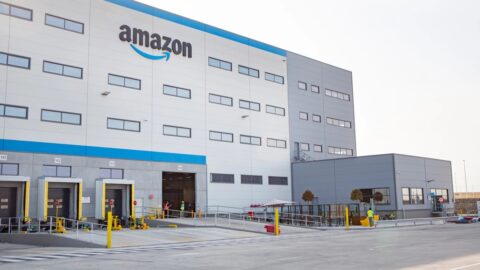Approximately 89% of retailers, manufacturers and logistics companies agree that e-Commerce is driving the need for faster delivery, according to the Future of Fulfillment Vision Study from Zebra Technologies Corp. Retailers are rising to the challenge, with 76% using store inventory to fulfill orders and 86% planning to implement a buy online, pick up in-store (BOPIS) option in the next year.
More than 60% of retailers that don’t yet offer free shipping, free returns or same-day delivery have plans to add these services. Rapid fulfillment is particularly important to shoppers: 40% say taking more than two days for delivery would prevent them from making an e-Commerce purchase, while 63% expect delivery within three days as the standard, according to Kibo.
Globally, 87% of respondents agree that accepting and managing product returns is a challenge, as the increase in free and fast delivery corresponds with an increase in returns. To reduce these costs, 70% of retailers believe more companies will turn stores into fulfillment centers to accommodate product returns, while 44% plan to outsource returns management to a third party.
Both retailers and manufacturers will turn to technology to keep logistics costs down. The use of RFID technology and inventory management platforms is expected to grow by 49% over the next several years. By 2021, 94% of respondents plan to use handheld mobile computers with barcode scanners for omnichannel logistics. Other technologies expected to disrupt logistics in the coming years include:
- Drones (39%);
- Driverless/autonomous vehicles (38%);
- Wearable and mobile technology (37%); and
- Robotics (37%).
Logistics companies will continue improving the speed of fulfillment: 78% plan to provide same-day delivery by 2023, while 40% anticipate delivery within a two-hour window by 2028. Additionally, 87% of respondents expect to use crowdsourced delivery or a network of drivers that choose to complete a specific order by 2028.












